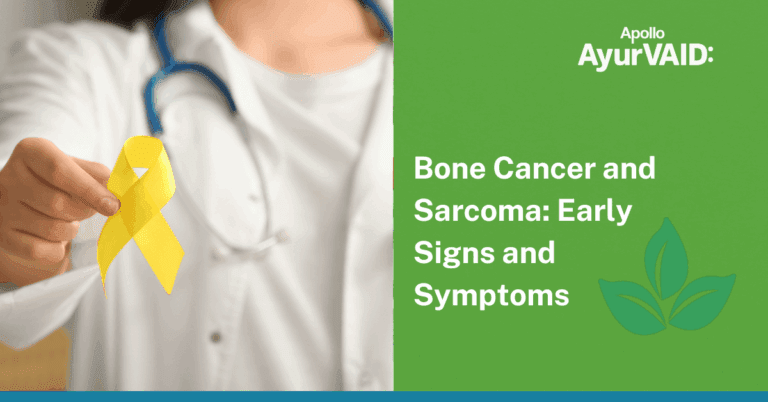Hypothyroidism, characterized by inadequate thyroid hormone production, presents a complex clinical challenge with far-reaching implications for metabolism, energy regulation, and overall health. While conventional medicine offers hormone replacement therapy as the standard treatment, hypothyroidism ayurvedic treatment provides a holistic approach aimed at addressing underlying imbalances and restoring thyroid function naturally through diet, herbal remedies, lifestyle modifications, and detoxification therapies.

Understanding Hypothyroidism
Hypothyroidism arises from various etiologies, including autoimmune thyroiditis, iodine deficiency, thyroid surgery, and certain medications. The condition manifests when the thyroid gland fails to produce sufficient thyroxine (T4) and triiodothyronine (T3) hormones, leading to metabolic slowdown and a myriad of clinical manifestations. Patients with hypothyroidism often present with nonspecific symptoms, including fatigue, weight gain, cold intolerance, dry skin, constipation, hair loss, depression, cognitive impairment, and menstrual irregularities. Diagnosis relies on comprehensive clinical assessment, including thyroid function tests and evaluation of clinical signs and symptoms. In addition to conventional methods, hypothyroidism treatment in Ayurveda focuses on correcting the root imbalances in the body through personalized herbal formulations, dietary changes, and lifestyle interventions.
Conventional Treatment
Conventional management of hypothyroidism primarily revolves around hormone replacement therapy using synthetic thyroid hormones such as levothyroxine. The goal is to restore euthyroidism, alleviate symptoms, and prevent long-term complications. Dosage titration and regular monitoring of thyroid function tests guide treatment adjustments.

Ayurveda Treatment For Hypothyroidism
Ayurveda views hypothyroidism as a manifestation of excess Kapha dosha. Kapha dosha, characterized by qualities of heaviness, coldness, and stagnation, is associated with impaired metabolic functions and thyroid dysfunction. Ayurvedic treatment aims to restore equilibrium among the doshas, particularly addressing Kapha imbalance, optimizing thyroid function, and alleviating symptoms of hypothyroidism.
Kapha dosha imbalance is a common underlying factor in hypothyroidism, contributing to sluggish metabolism, weight gain, lethargy, and cold intolerance. Ayurvedic treatment strategies for addressing Kapha imbalance in hypothyroidism include:
- Dietary Modifications: Emphasizing warm, light, and easily digestible foods while reducing heavy, oily, and cold foods helps pacify Kapha dosha and stimulate metabolic fire (Agni). Incorporating warming spices such as ginger, cinnamon, and black pepper aids in digestion and supports thyroid function.
- Lifestyle Recommendations: Engaging in regular physical activity, especially dynamic exercises that promote circulation and metabolism, is essential for managing Kapha imbalance in hypothyroidism. Establishing a consistent daily routine and prioritizing adequate rest, further support the balance of Kapha dosha and overall well-being.
- Herbal Interventions: Ayurvedic pharmacotherapy incorporates thyroid-supportive herbs with adaptogenic, immunomodulatory, and metabolic-enhancing properties. These herbs are prescribed to enhance thyroid function and alleviate symptoms.
- Panchakarma: Detoxification improves the sluggish Kapha. Basti Therapy, also known as Vasti, involves the use of medicated enemas to cleanse the colon and rectum, remove toxins, and balance doshas. It helps alleviate Kapha accumulation in the gastrointestinal tract, promoting digestion, metabolism, and thyroid function. Vamana Therapy, or therapeutic vomiting, is used in cases of Kapha-dominant disorders like hypothyroidism, facilitating the expulsion of excess Kapha dosha from the upper respiratory tract, stomach, and lungs, enhancing metabolic processes and thyroid function.
Integrative management of hypothyroidism involves combining modern medical diagnostics with Ayurvedic insights, providing a personalized approach to thyroid health. This approach addresses imbalances, supports thyroid function naturally, and promotes overall well-being, enabling patients to improve their thyroid function and quality of life. Ayurveda treatment for hypothyroidism plays a key role in this integrative model by utilizing herbal remedies, dietary guidance, and lifestyle modifications to restore balance and enhance thyroid health.






